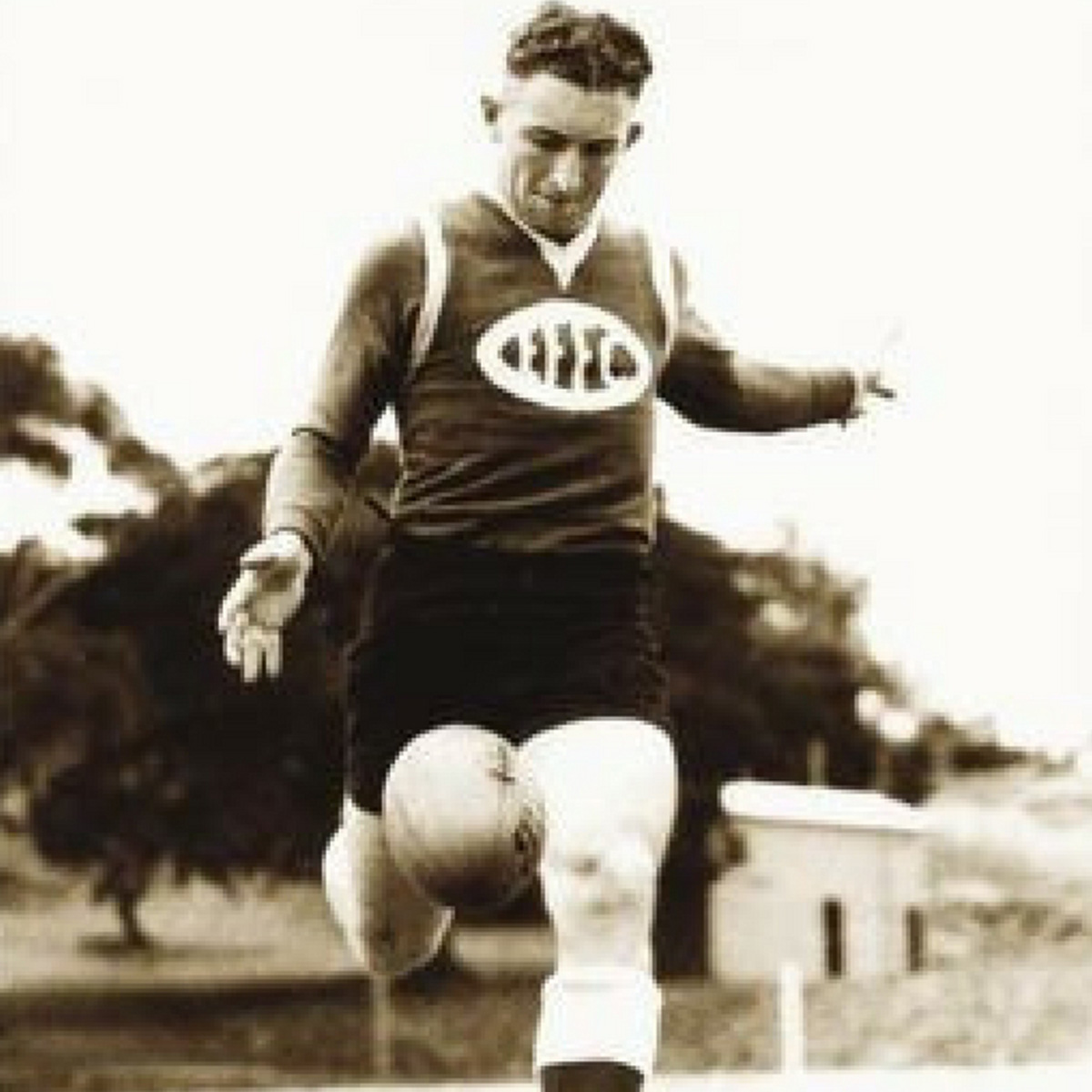Born Fremantle WA
28 September 1929
Jack Sheedy was born into a footballing family and grew up with a fierce competitive attitude and a burning desire to succeed.
A tough, solidly-built rover, he broke into senior football with East Fremantle in the 1942 under-age competition and, ironically, got his break in a back pocket as the guardian of opposition rovers.
But 21 years later he had carved out a reputation as one of the game’s best rovers or centre-men and had become a football legend. He played 340 senior games with three clubs in two states and established himself as an outstanding coach. He featured in premiership glory and tribunal controversy, in almost equal amounts.
The legend of Sheedy was mainly forged around his on-field aggressiveness, which led to frequent brushes with officialdom and regular appearances at the tribunal. Stories about the flamboyant Sheedy are part of football’s folklore, such as the time he produced the Bible at a tribunal hearing to swear his innocence.
But it was on the football field that the real tradition behind the legend was established.
After winning East Fremantle’s fairest and best award four times (1943-48-53-55) and playing 210 games, he switched to East Perth, where he took a fledgling team of young Royals to six consecutive grand finals, winning three.
The son of another East Fremantle champion Barney Sheedy (a legend in the art of place-kicking), Jack Sheedy redeveloped the handball side of football. He masterminded the dominance of ruck champion Graham Farmer and his ruck-roving offsider Ted Kilmurray as a new and creative aspect came into football with their long and accurate handpassing.
Sheedy went on to play 122 matches with East Perth and also had a one-season stint in 1944 with South Melbourne, playing eight VFL games while based in Victoria with the Navy. He represented WA 23 times in the interstate arena and coached the triumphant WA team in the 1961 Australian Championship in Brisbane.
He retired in 1963 and went on to establish himself as a successful hotelier and respected WA Turf Club committeeman with occasional success as a racehorse owner.

